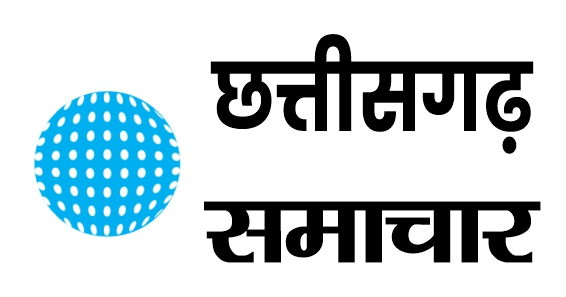As per the World Health Organization (WHO) Health is defined as “a state of complete physical, mental and social well-being and not merely the absence of disease or infirmity”. It is a very well perceived observation that physical health is considered as an important factor in stating the good health of an individual, but it is generally observed that mental health is not considered as important as the Physical health. Mental illness refers to the psychological diseases like Bipolar Disorder, Schizophrenia, Depression, Anxiety, Obsessive compulsive Disorder, Hypomania and other such diseases.
It is very clear that the number of cases with mental illness have been increases in recent years. According to a research published by the Journal of Abnormal Psychology, there is 71 percent increase in the number of adults suffering from psychological disorders or some or the other kinds, and there is an increase in the rate of adults with disturbing and suicidal thoughts by 47 percent in just the duration of 9 Years, 2008 to 2017.
National Mental Health Programmes and Policy
The concern about Mental Health has been a priority all over the globe since the end of the world war II, India is amongst those few developing countries who have considered initiating Mental Health Programs. National Mental Health Programme was put in place in 1982, which aimed to provide Mental Health Care as a general and primary care like other physical health problems. There have been numerous changes and updates in the NMHP since then in the later years.
Discussions and Views
According to the International Handbook of Psychology, “Health promotion is an umbrella term that includes all educational and political measures to assist people in modifying their lifestyle toward a state of optimal health”. This includes all the efforts taken by the government for the betterment of health of the citizens, Mental Health Policy aims for the same, a public solution to solve mental disorders and morbidity along with the focus on general education by creating an a complete awareness in the different age groups, by organizing activities for the elderly age groups regarding the stress management and creating an awareness with better understand of the same, and highlighting the fact that the mental problems are not something to be ignored or to be embarrassed about.
The Policy also considers the importance of the Mental Health Education, which is suggested in the book, International Handbook of Psychology. The awareness in the vulnerable age groups, which includes the schools and colleges, this would be a strategic step towards the prevention of the Mental Health Problems, according to K. L. Park’s textbook of Preventive and Social Medicine, when an individual feels pain or discomfort without any physical cause is a sign of mental health problem, or when an individual feel that he/she is always right and every other view with the respect is wrong is also a sign of mental health problem. Both of the above mentioned signs are very subtle but important to make an individual realize the need for precautionary measures before the person is diagnosed with serious mental illness.
According to a report by the World Health Organisation it is estimated that approximately 20 percent of India’s population would suffer from some or the other form of mental illness by 2020, and according to surveys and reports, as in 2014, the country had only about 3500 psychiatrists. In order to solve this crisis, the government aims to reduce the gap by aid of this policy, as it has an important goal to increase the number of mental health professionals across the country.
According to another report, Suicide is then second leading cause of death in the age group of 15-29. There remains a need for special attention to this age group, depression and anxiety is found to be the main cause of premature mortality. The primary causes which I believe is the reason for such occurrences is lack of understanding of the mental health problems, also thinking of mental health problems as a taboo and scarce resources for mental healthcare. The policy includes funding for infrastructures and skilled human resources for mental health care.
Conclusion
The National Mental Health Policy 2014 covers most of the aspects to the Mental health care. The most important factor now is the proper implementation of the Policy. As per recent surveys, India still has a gap in Health Care professionals, and the issue to solve the Mental Health Problem remains a challenge. Having a policy is pragmatic, Yet, some issues need a lot of execution, poverty is one of the major factors leading towards Mental Health Problem, Policy considers this important but the solution to this is unresolved, unemployment in the young adults persists, which has to be given priority because it is one of the reasons for increase in the rate of suicides. NGOs have been working for reduction in the sigma and discrimination against mental illness, NGOs should be support by the government to resolve the problems.
The demographics throughout the nation make it difficult for the exact implementation of the policy. Therefore, that have to be initiatives based on the community levels as well. This would be a more cost effective and efficient way to get hold of the situation. There should be more involvement of religious leaders as well. Because it is still seen that, in the rural areas the mental illness is considered as subject to superstitions and cured in “Indian way” which doesn’t solve any problems instead increases them on a long run. The teachers should be involved to the moment too, for they should eradicate the stigma and discrimination which still persists and Human resource managers of the companies should be involved to organize more events about the solutions to the stress and awareness about the understanding of the Mental Health. Most Importantly, there should be regular monitoring by the government about implementation of the policies on District level to the rural level.
Yukti Kumar @ Samacharline








